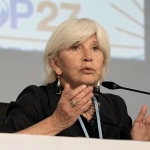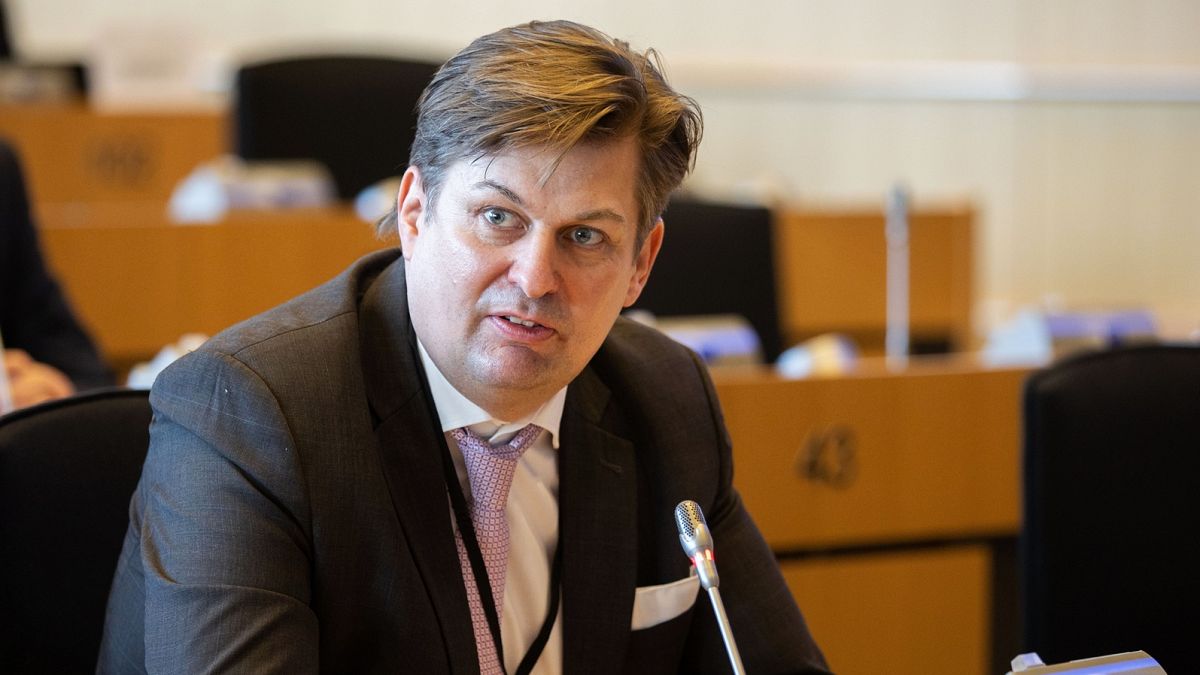Law enforcement conducted searches in the Brussels offices of Maximilian Krah, a prominent far-right MEP, whose assistant was arrested for allegedly spying for China. The European Parliament gave consent for the raid, led by Belgian police with German authorities as observers. The assistant, Jian Guo, was accused of passing on information about European Parliament negotiations to the Chinese secret service and spying on Chinese dissidents in Germany. The investigation, known as Chinagate, has stirred political outrage in the run-up to the parliamentary elections in June. Maximilian Krah, a member of Alternative für Deutschland, refused to step down as the top AfD candidate despite the allegations.
The search of Maximilian Krah’s offices comes in the wake of the arrest of his assistant, Jian Guo, for allegedly spying for China. The raid was carried out with the consent of the European Parliament and under the orders of the investigating judge of the Federal Court of Justice. Guo, accused of being an employee of the Chinese secret service, was alleged to have shared information about European Parliament negotiations and spied on Chinese dissidents. The scandal, known as Chinagate, has raised concerns about foreign interference in European affairs and has prompted political reactions ahead of the upcoming elections in June.
Maximilian Krah, a high-profile member of Alternative für Deutschland, has faced backlash following the arrest of his assistant for espionage. Krah, who sits with the far-right Identify and Democracy group in the European Parliament, stated that he was unaware of the arrest and had no additional information to share. His assistant, Jian Guo, was dismissed from his position after the allegations came to light. The European Parliament has cooperated with law enforcement in conducting the search of Krah’s offices, as part of the ongoing investigation into the spying scandal.
The allegations of Chinese espionage and influence have put a spotlight on the far-right political party AfD and its top candidate Maximilian Krah. Despite calls for him to step down, Krah has maintained his position as the lead candidate for the upcoming elections. Pro-European parties have seized on the scandal to criticize the far right as a threat to democracy and European values. The controversy surrounding AfD and Krah has led to a drop in support for the party in opinion polls, with the party facing increasing scrutiny in the lead-up to the elections.
In addition to the allegations of Chinese espionage, the European Parliament has also been rocked by accusations of foreign interference involving other political parties. Members of the Socialists and Democrats were accused of participating in a cash-for-favours scheme allegedly paid by Qatar and Morocco to influence decision-making within the Parliament. The scandal, known as Qatargate, sparked a media frenzy and prompted the Parliament to implement a stricter code of conduct to address the PR crisis. The incidents of foreign interference have raised concerns about the integrity of European institutions and the influence of external actors on European politics.
As the investigation into the Chinese spying scandal unfolds, Maximilian Krah has faced mounting pressure to address the allegations and the impact on his candidacy. Despite the turmoil, Krah has remained defiant, insisting that he will continue as the top candidate for the AfD in the June elections. The scandal has reignited debates about the role of foreign influence in European politics and has highlighted the vulnerabilities of European institutions to external manipulation. As the political fallout from the spying scandal continues to unfold, the integrity of European democracy and the need for greater transparency and accountability in politics are being called into question.










